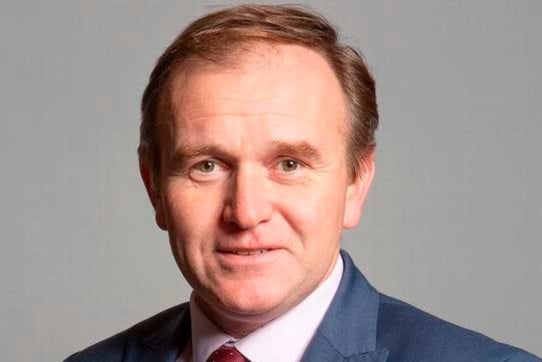The deteriorating situation in the Middle East has dominated political discussion this week. As I write this there is apprehension about the risks of escalation and everyone is urging Israel to show restraint. The US, UK and France helped to prevent any missiles reaching Israel in the attack launched by Iran so these calls should be heeded but time will tell.
In Parliament, the new Tobacco and Vapes Bill went through its first debate. In recent decades, Parliament restricted and then banned tobacco advertising, increased the minimum age to purchase cigarettes, banned smoking in public places and in cars with children and introduced some quite convoluted point of sale restrictions and plain packaging. Some of these measures contributed in a limited way to reducing smoking but the real game changer was the introduction of vapes which made giving up smoking a much easier step for millions of people. As a result, since the introduction of vapes, smoking rates have tumbled. Of course, vapes are not without their own problems.
When legislating on the rights of the individual, I have always thought Parliament should tread with care and caution. Laws only work while they are credible. The more convoluted the rules you introduce, the less credible and consistent they become and the more likely the population is to simply flout them altogether, thereby undermining the integrity of our entire system of law. If smoking rates are already tumbling do we really need still more laws? We can all agree that it would be preferable if young people chose never to smoke, but the problem with the Bill is it says that anyone born after the January 1, 2009 will be deemed never to grow up for the purposes of making their own choice on smoking. That is a first in our constitution and it sets a dangerous precedent. It would be one thing to raise the minimum age further from 18 to 21 but to say that anyone born after 2008 can never make that choice is not credible. It means that in thirty years’ time someone who is 46 would be deemed responsible enough to buy cigarettes but someone who was 45 would be considered a child.
The rapid growth of the vape market means it is an area where some legislation is justified, but even here the Bill goes too far and undermines the one thing that has done more than any government regulation to reduce smoking rates. It is right to tighten the provisions around underage sales of vapes however, what is the point of restricting flavours that can be sold? If someone has given up smoking but likes to have a strawberry flavoured vape, why can't they? Banning their vape makes it more likely they will return to smoking cigarettes and send things backwards rather than forwards. The Bill faces widespread opposition from the Conservative benches. Hopefully, this will lead to something more considered at the end of the process.
George Eustice, Conservative MP for Camborne and Redruth





Comments
This article has no comments yet. Be the first to leave a comment.